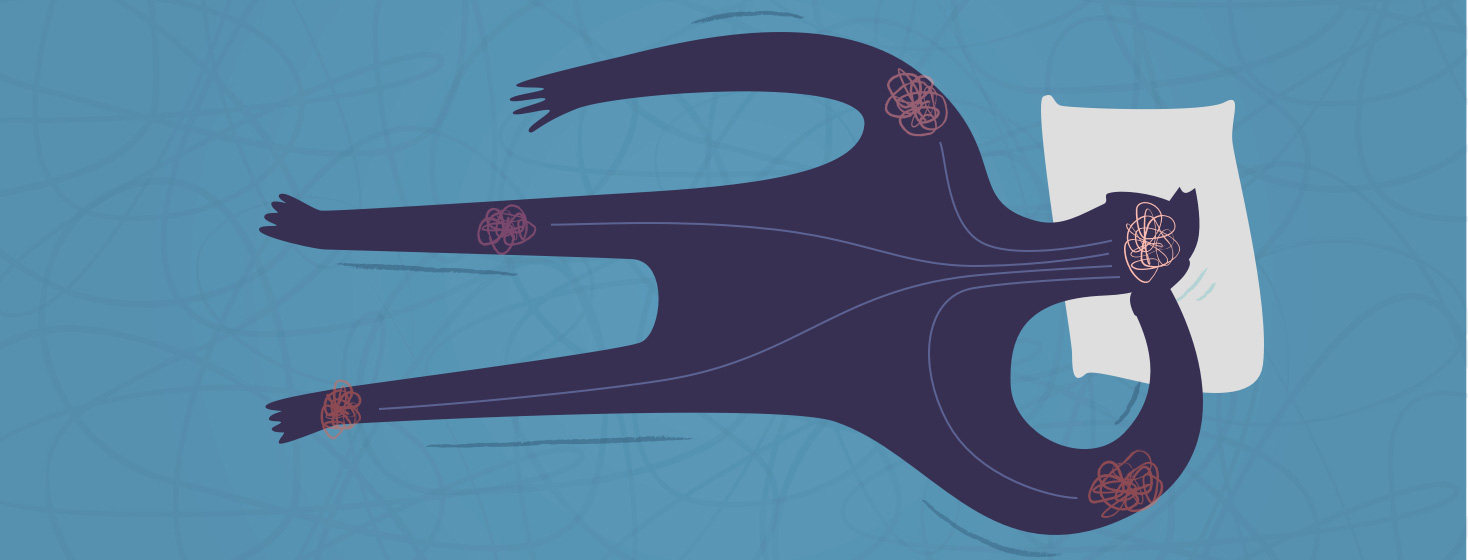What Is a Pain Management Specialist and Should I See One?
Pain management specialists are physicians who have special training in treating all kinds of pain. Pain can arise from a number of reasons including injury, surgery, or chronic conditions like HIV-related peripheral neuropathy.
Pain can also be the initial problem, as some people experience pain without an obvious cause.1
What is a pain management specialist?
The field of medicine continues to learn more about pain, how it develops, and how to best manage it. Pain management specialists have knowledge in the physiology of pain, various medications to treat pain, and techniques and procedures to reduce the perception of pain.
In addition, pain management specialists are trained in how to evaluate patients with complicated conditions.1
What happens during the first visit
During the first visit with a pain management specialist, the physician is focused on evaluating your pain and understanding your healthcare concerns.
The first visit usually includes a physical exam, a detailed health history, and a review of any previous tests performed.
It is helpful to bring with you any imaging studies, such as x-rays, computed tomography (CT) scans, or magnetic resonance imaging (MRI) scans.
The pain management specialist will analyze your situation and provide you with an initial assessment. In some cases, additional diagnostic procedures are recommended.1
Type of pain management approaches
Pain management specialists use a combination of approaches to help people who have acute or chronic pain, including:1,2
- Medications
- Procedures, like nerve blocks or spinal injections
- Coordinating complementary and alternative approaches, like mindfulness practices, meditation, acupuncture, or physical therapy
When to see a pain management specialist
Chronic pain is generally considered any pain that lasts for more than 3 months.
If a person is experiencing pain for a long period of time under the care of their current healthcare providers, it may be time to consult with a pain management specialist.
Pain management specialists understand a multitude of options to manage chronic pain, like HIV-related peripheral neuropathy. While you may need a referral to a pain management specialist from your primary doctor, a pain management specialist can suggest and coordinate a multidisciplinary approach.

Join the conversation